On April 14, 2025, Xi Jinping, the leader of the Chinese Communist Party, conducted a state visit to Vietnam. During this visit, he was seen inspecting the Vietnamese honour guard at the airport, walking unsteadily with small, shuffling steps. (Video screenshot)
[People News] Shortly after concluding his visit to Vietnam, Xi Jinping proclaimed, 'Together we oppose unilateral bullying,' and presented Vietnam with a substantial gift package in an attempt to unite against the United States. However, the Vietnamese Prime Minister Pham Minh Chinh, who had initially 'enthusiastically' welcomed Xi, quickly 'changed his tune' by publicly stating that there exists a 'unique bond' between Vietnam and the United States, which is 'different from Vietnam's relations with other countries.' Thus, the large gift package from the Chinese Communist Party was essentially given away for nothing.
Bloomberg reported that during a meeting on April 18 with Jeffrey Perlman, CEO of Warburg Pincus, Pham Minh Chinh indicated that Vietnam is in negotiations with the Trump administration to avoid tariffs as high as 46% on its products. Vietnam's strategy is not to confront the United States but to proactively reduce tariffs and increase imports from the U.S., aiming to establish a 'sustainable and balanced trade relationship.'
The report also highlighted that just days prior, Pham Minh Chinh had 'enthusiastically' welcomed Xi Jinping in Hanoi. However, when Xi called for 'jointly opposing unilateral bullying,' the Vietnamese side chose to remain low-key and did not respond affirmatively.
In reality, wherever the representatives of the Chinese Communist Party (CCP) go, they have a strong agenda: to rally other countries to stand with the CCP against democratic nations. Xi Jinping's visit to Vietnam was initially aimed at forming a united front against the United States, but despite Xi showering Vietnam with financial incentives, the country remains reluctant to comply. The joint statement issued by both sides is vague, merely mentioning 'opposing hegemonism and power politics.' This kind of language has been commonly used by Vietnam in the past, but it was directed at the CCP's misconduct in the South China Sea.
According to claims from CCP state media, China and Vietnam signed 45 cooperation agreements during this visit, covering various sectors including artificial intelligence, railways, and agricultural products. This includes Chinese investment in railway construction and the export of AI technology.
However, political commentator Tang Jingyuan noted that while Xi Jinping's trip may seem impressive, it is actually 'lacking in substance.' Most of the 45 agreements represent unilateral concessions from the CCP; for instance, the railway funding comes from China, and the AI technology is also provided by the CCP, with Vietnam contributing minimal resources.
Tang Jingyuan emphasised that while Vietnam would not refuse these readily available benefits, it is also cautious about taking risks for the CCP's 'washing of origins.' Vietnam understands that its economic prosperity is dependent on the United States, not the CCP.
Meanwhile, some overseas netizens have reacted to Xi's visit with sarcasm, stating: 'Redrawing Southeast Asia because there are no other options,' 'I went to the roadside to wait for the convoy, and the Cambodian police drove me away, only to realize that those welcoming people were all predetermined,' and 'Xi Jinping is eager to engage with developing countries, but the United States doesn't even bother to show up and just imposes tariffs; in this Sino-U.S. confrontation, the distinction between who is right and who is wrong is clear.'
Taiwan's Central News Agency has reported that Xi Jinping is attempting to rally ASEAN countries to form an anti-U.S. alliance. However, Southeast Asian nations, including ASEAN member states, are currently more focused on avoiding too close a relationship with the Chinese Communist Party (CCP) to prevent any negative impact on the ongoing tariff negotiations with the U.S. In Southeast Asia, several of the CCP's 'good friend' countries are looking to increase imports of U.S. energy in exchange for tariff leniency from the Trump administration.
Thailand's Finance Minister Pichai Chunhavajira announced that starting next year, the country will import 1 million tons of liquefied natural gas (LNG) from the U.S. annually, valued at $500 million, as part of a 15-year plan totalling $7.5 billion. He also disclosed that Thailand intends to sign an additional 5-year contract to import over 1 million tons of LNG and 400,000 tons of ethane, with a total value of approximately $700 million.
Indonesian Energy Minister Bahlil Lahadalia stated on the 15th that Indonesia is proposing to raise its imports of U.S. crude oil and liquefied petroleum gas (LPG) to $10 billion as part of the tariff negotiation strategy with the Trump administration.
Reports from India suggest that the country plans to eliminate the import tax on U.S. LNG and intends to purchase more LNG and ethane products, actively working to reduce its trade surplus with the U.S. GAIL India has recently even issued a tender to acquire a 26% stake in a U.S. LNG project.
Even Pakistan, known as the CCP's closest 'iron brother' ally, is reportedly considering importing crude oil from the U.S. for the first time before a delegation heads to negotiate in the U.S., with an estimated value of about $1 billion, in order to mitigate the 29% tariff pressure resulting from its $3 billion trade surplus with the U.S.
The actions taken by the countries mentioned above have revealed the failure of the Chinese Communist Party's 'charm offensive' in Southeast Asia.
Analysts indicate that Trump's implementation of a 10% comprehensive baseline tariff, along with specific high tax rates, is a targeted strike against the Chinese Communist Party and its 'transhipment laundering supply chain.' Now, even its 'staunch allies' are reaching out to the United States in a bid to show goodwill, which has left the Chinese Communist Party in a state of isolation. Meanwhile, Trump announced a 90-day grace period for tariffs last week, prompting countries to act swiftly in hopes of 'redeeming their opportunities' before the US-China trade war escalates.

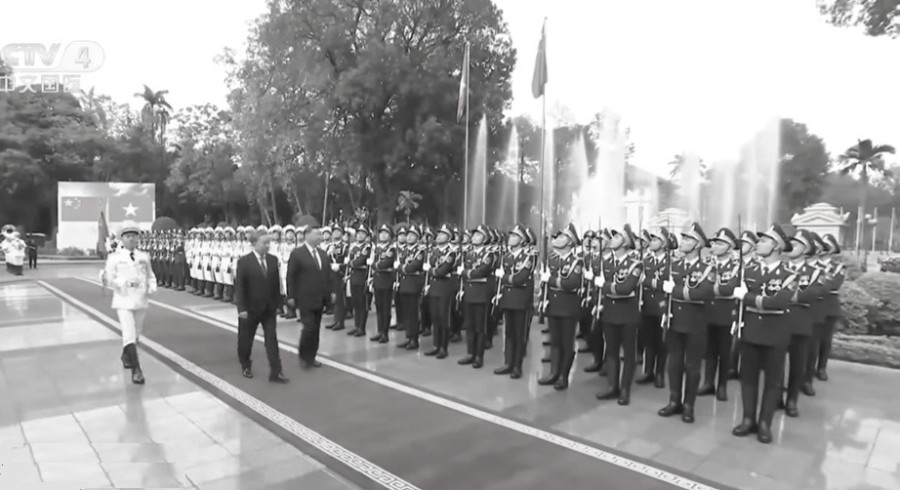
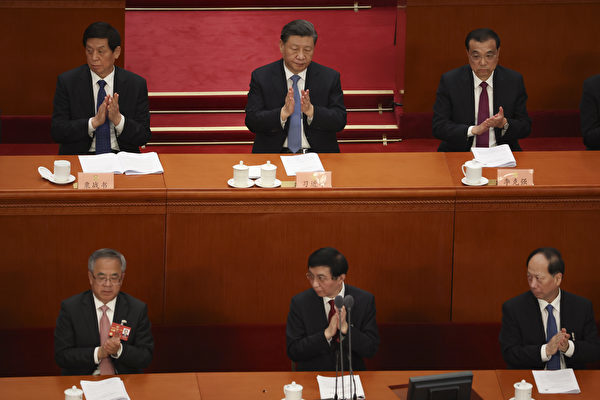


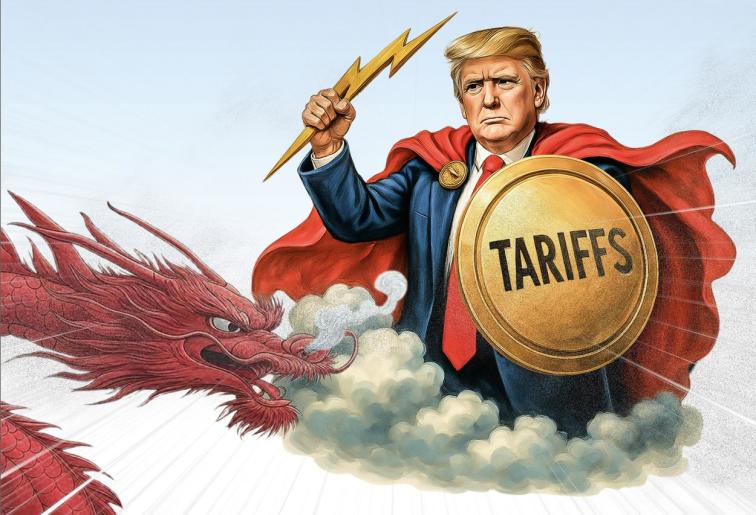

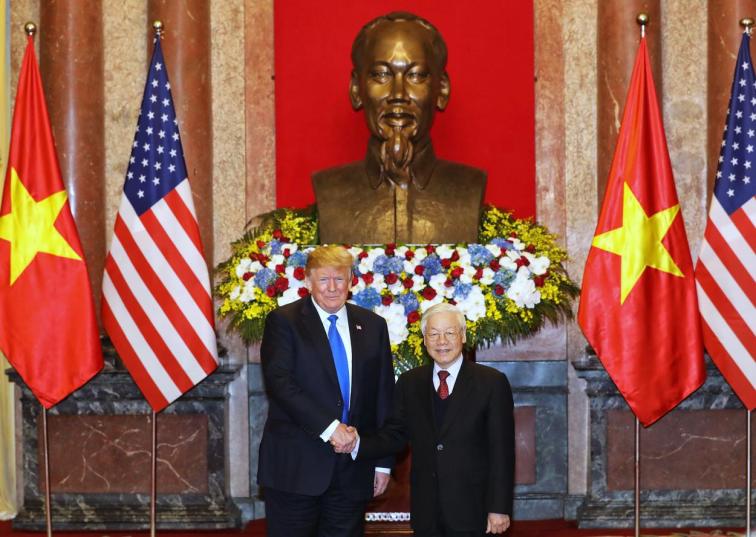
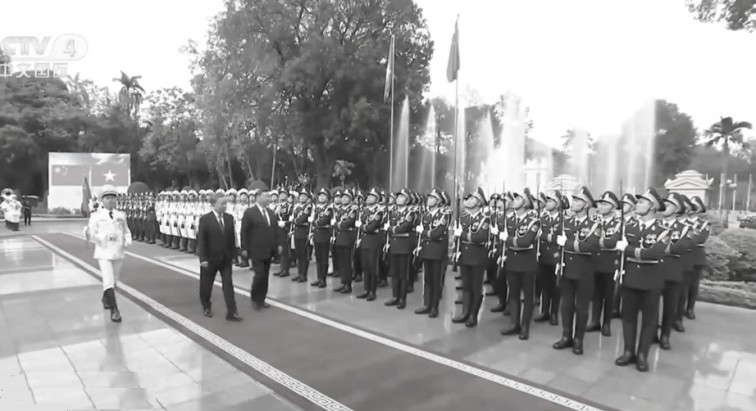


News magazine bootstrap themes!
I like this themes, fast loading and look profesional
Thank you Carlos!
You're welcome!
Please support me with give positive rating!
Yes Sure!